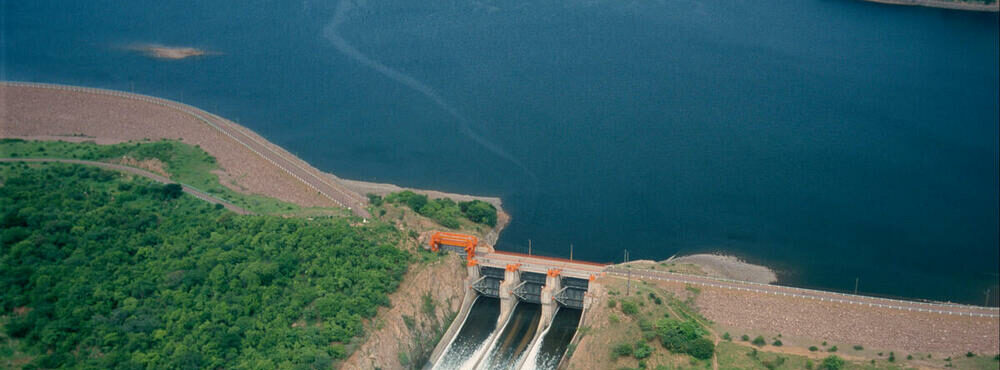
100+ NGOs reply to the European Commission to refute inaccuracies on the environmental impacts of hydropower
-
Advocacy
Wetlands International Europe joined 100+ NGOs in an open letter to EU policymakers to respond to misrepresentations on the environmental impacts of hydropower.
The European Commission replied, on May 4th, 2023, to some of the concerns raised by more than 100 NGOs in an open letter sent in March. This previous letter, published ahead of the negotiations on the revision of the Renewable Energy Directive, called on EU policymakers to exclude hydropower from ‘go-to areas’ for renewable energy installations and streamlined permitting under the amended Renewable Energy Directive.
Several inaccuracies were contained in the Commission’s response, leading the NGOs to address these issues in a rebuttal. Hydropower has adverse impacts on endangered freshwater biodiversity and prevents the natural functioning of freshwater ecosystems. Despite the requirements in several EU environmental policies, many hydropower projects are authorised without complete thorough assessments of their environmental and societal impacts.
While the NGOs agree that hydropower plants represent a small share of all river barriers in Europe, hydropower barriers, even those with mitigation measures, have a much higher environmental impact than other obstacles due to the specific fish-mortality effect of hydropower. Considering the ambitious targets of the EU Biodiversity Strategy to avoid any further deterioration of the status of all species protected under the EU Nature Directives, to improve the status of 30% of them and to restore more than 25,000 km of free-flowing rivers in Europe, enabling facilitated hydropower development would largely prevent the achievement of these biodiversity objectives.
Drawing on the arguments featured in this new reply, NGOs reiterate their call on European policymakers to:
- Ensure that no new hydropower projects in EU receive EU financing, especially through the Resilience and Recovery facility respecting the do-no significant harm pledge.
- Closely monitor that any planned hydropower development is checked against the EU environmental legislation (including art. 4(7) of the WFD) when reviewing Member States development plans designating renewable acceleration areas.
